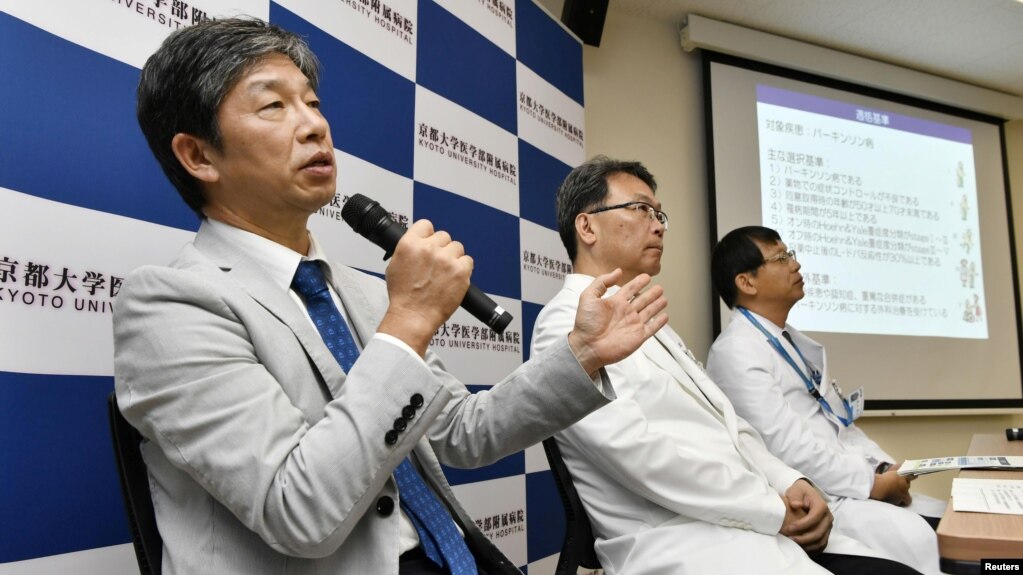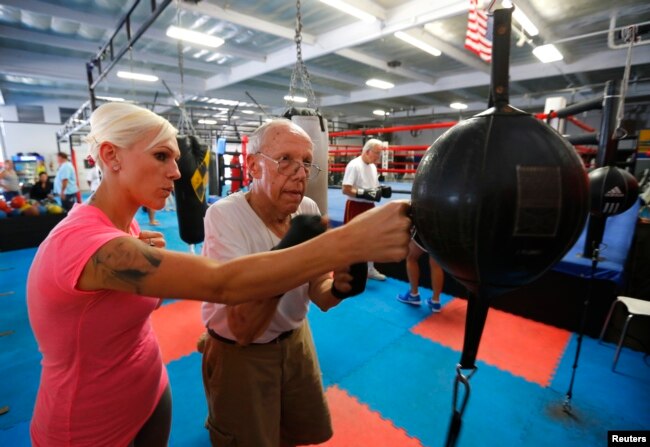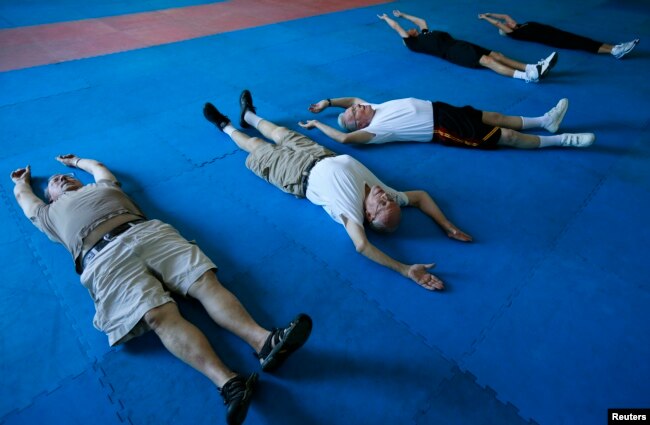Do you or a loved one/friend have Parkinson's?
Do you (or that loved one/friend) ever have what I will call catatonic stupors?
For example, such a person will sit down (especially after some physical exertion) and suddenly start staring into space. That person will not talk. That person may even lose balance and start to fall. It is a terrifying sight.
If I start yelling at him to "wake up," he does after a few minutes.
Any advice regarding these catatonic stupors would be appreciated.
Thank you
Do you (or that loved one/friend) ever have what I will call catatonic stupors?
For example, such a person will sit down (especially after some physical exertion) and suddenly start staring into space. That person will not talk. That person may even lose balance and start to fall. It is a terrifying sight.
If I start yelling at him to "wake up," he does after a few minutes.
Any advice regarding these catatonic stupors would be appreciated.
Thank you





